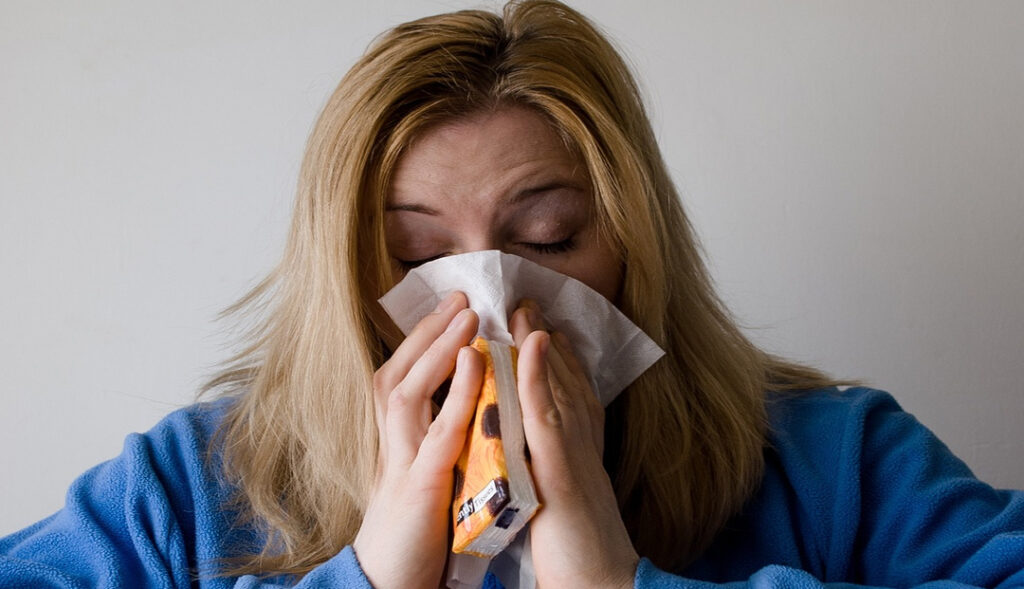Human metapneumovirus (HMPV) has been quietly making its way into communities across the world. Although it is considered an underdog virus, HMPV has been affecting many people this spring. The US Centers for Disease Control and Prevention (CDC) has reported that the count of HMPV cases in the US has shot up by 11 per cent. As people have returned to normalcy after the COVID-19 crisis, the new virus has found an opportunity to transmit. HMPV, identified in 2001, impacts the upper and lower respiratory tract.
The virus comes from the same clan as the respiratory syncytial virus (RSV). HMPV transmits via proximity to infected people. It can spread through coughing, sneezing, and touching surfaces that are tainted with the virus. HMPV is most likely to transmit during the winter and spring months.
Some common symptoms of HMPV
Cough, nasal congestion, fever, and shortness of breath are some common symptoms of HMPV. These symptoms resolve within two to five days among healthy people who are infected with the virus. People with compromised immune systems, elderly people, and young children are at a higher risk of being diagnosed with chronic HMPV infection. These people might experience breathing issues, asthma flare-ups, and wheezing. At present, there is no particular treatment or vaccine available for HMPV.
Are over-the-counter drugs enough?
Over-the-counter drugs are enough to manage symptoms such as pain, fever, and congestion. In serious incidents, doctors might advise a provisional inhaler and steroids to ease wheezing. Antibiotics can be advised to treat bacterial pneumonia, which is known as a complication linked to HMPV infection.
Dengue Vaccine Soon? Third Phase Trial To Begin In Few Months, Says ICMR | ALSO READ
Using face masks, frequent handwashing, getting immunized against the flu, sustaining a healthy immune system, and avoiding proximity to infected people, are some precautionary measures that help ease the risk of HMPV infection. Symptoms of Human metapneumovirus resemble the signs and symptoms of the common cold and flu infection. it is essential to be aware of the virus, seek medical care when required, and follow preventive measures to protect ourselves and the health of other people around us.

